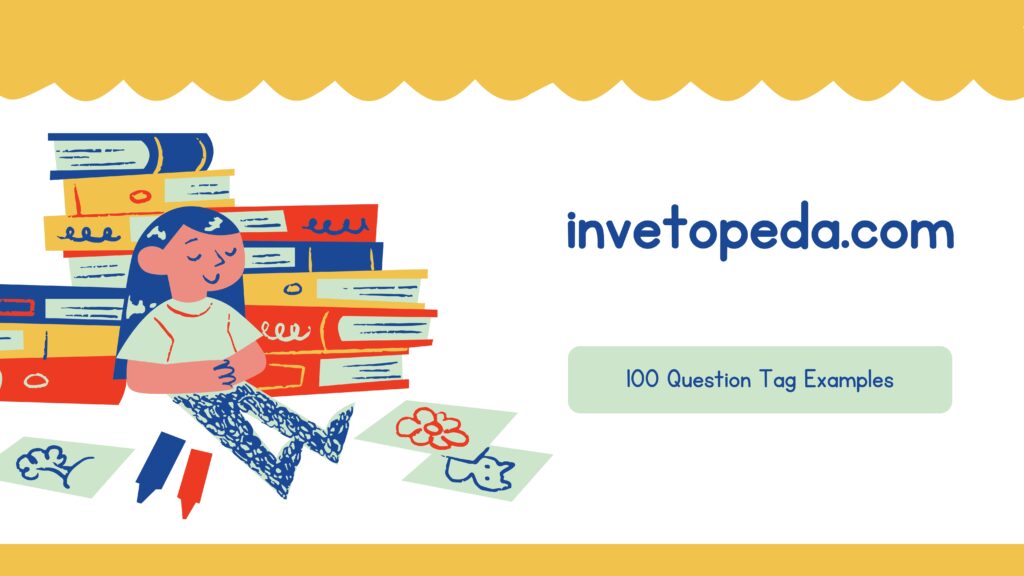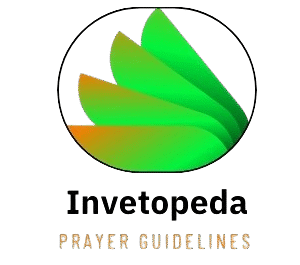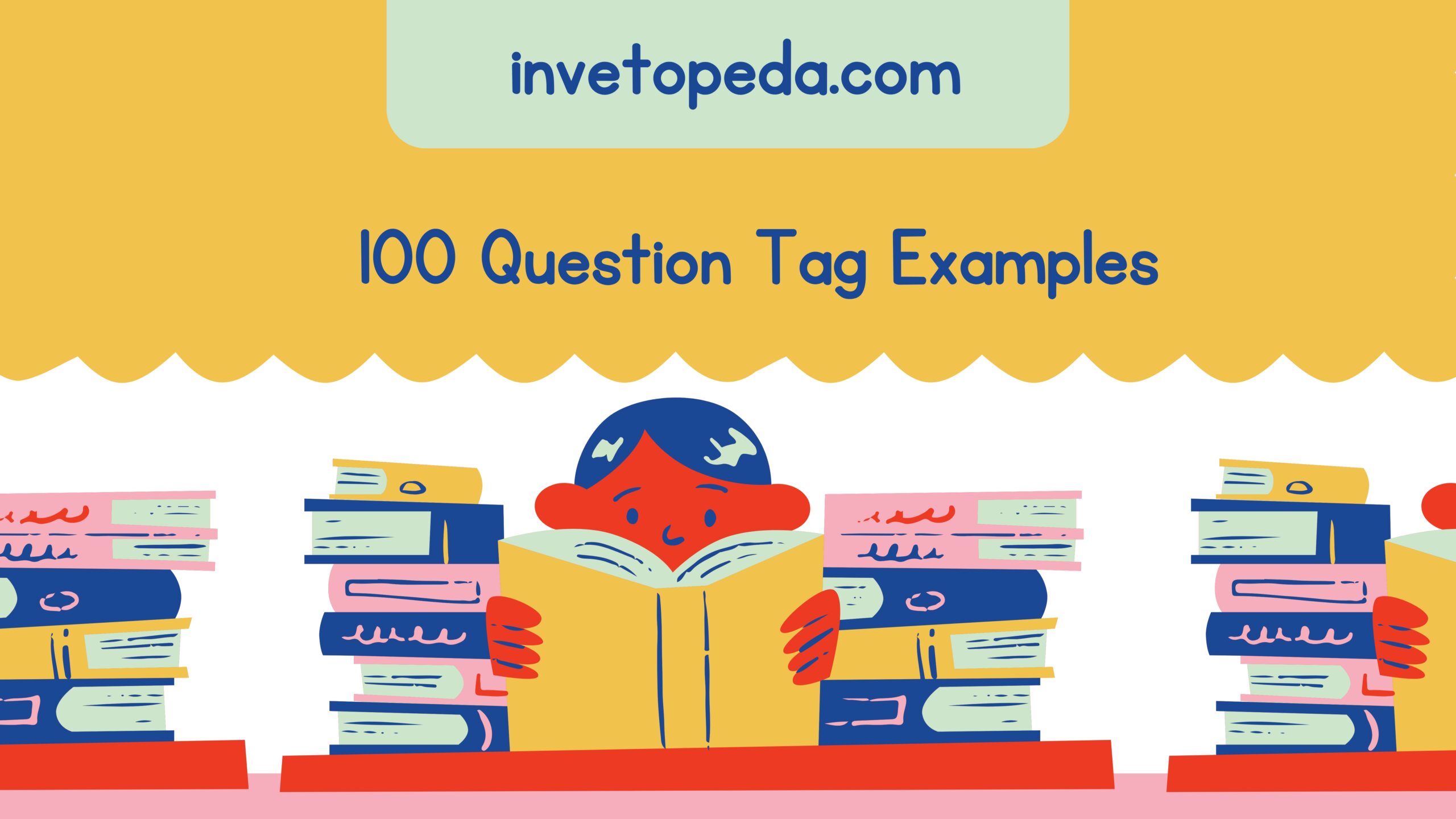Effective communication is vital for both professional and private situations. One of the most important factors to keep people focused and clear is the usage of question tags. Questions transform statements into interrogative phrases that need clarification and confirmation. The book contains 100 question tag examples, which are an excellent reference for students, teachers as well and those looking to master this particular tool of communication.
What Are Question Tags?
Questions are brief easy questions which are included at the conclusion of the phrase. They usually comprise the auxiliary verb, and one that is mirrored to the subject of the sentence. Tags for questions have many purposes, including soliciting confirmation, stressing the message or prompting responses.
Purpose and Usage of Question Tags
- To verify details (“You’re going to be here, aren’t you? “)
- To gain agreement or confirm (“This is correct, isn’t it? “)
- To express surprise or doubt (“She was not calling, wasn’t she? “)
- For the purpose of encouraging participation (“Let’s begin. Let’s get started, shall we? “)
Learning how to make question tags enhances communication skills and clarity of writing.
Types of Question Tags
Questions are tagged differently depending on sentence types as well as the situation. The following are the main categories:
1. Positive Statement + Negative Question Tag
The speaker will be expected to be accepted.
Example:
- “You are all set, aren’t you? “
2. Negative Statement + Positive Question Tag
The speaker might think that the speaker is at odds.
Example:
- “He doesn’t appear. Is there? “
100 Question Tag Examples for Different Contexts
Below are 100 expertly chosen examples of question tags that are categorized to make it easier to review.
A. Positive Statements using Negative Tags
- You like coffee, don’t you?
- The work is completed, isn’t it?
- Football players are in action. Isn t that so??
- We will meet tomorrow again. I suppose we shall see again.
- He is not unemployed is he?
- It is a tremendous day. Doncha think so??
- The film you’re watching is probably one that you’ve watched, isn’t it??
- She’s pretty sure of the right answer, but doesn’t she?
- Sleeping children, isn’t it?
- I’m young, and not I?
B. Negative Statements using Positive Question Tags
- It’s impossible not to enjoy food that is spicy, aren’t you?
- The guy isn’t at all in the mood, is he?
- It’s not yet here, have they?
- The event wasn’t it’s own, was she?
- The Park wasn’t ours. The Park, did we?
- I’m not receiving the email you have provided, do I?
- The question isn’t crucial, does it?
- This isn’t something you’d make, would you?
- He should not be late, shouldn’t he, shouldn’t he?
- This isn’t the time they’re here, can they?
C. Special Question Tags
- You’re coming, aren’t you?
- She’s the teacher, don’t you think?
- It’s time to go, shouldn’t we?
- This has happened before, hasn’t he?
- The people are probably exhausted, mustn’t they?
- We’d appreciate your assistance, wouldn’t you?
- Then she’s right, wouldn’t she?
- It’s predicted to pour down, isn’t it?
- The man might be right, mightn’t he?
- The that you must be aware of don’t you?
D. Formal and Polite Question Tags
- We’ll be helped through you, won’t we?
- Her work is done, hasn’t she?
- The people who use HTML0 are aware of it, aren’t they?
- You’re here, aren’t you?
- He’s accountable, isn’t he?
- You’re always welcome, aren’t we?
- It’s an absolute necessity, isn’t it?
- You’ve all the necessary paperwork, haven’t you?
- The lady is here to help us, shouldn’t she?
- The children must be taught, shouldn’t they?
E. Informal and Conversational Question Tags
- Alright, you are kidding, right?
- You are your best friend are you not?
- We have to go, haven t we?
- They are coming, aren they?
- You want something to eat, don t you?
- Is he going away now, soon?
- Am I right, or am I right?.
- Oh, that is all right, isn t it?
- You’ve got opportunity, haven’t you?
- The girl is headed towards hilly terrain, isn’t she?
Tips for Using Question Tags Effectively
- Locate the word which is used as an auxiliary that is auxiliary to the main verb of this sentence.
- Select the correct pronoun which is within the same class as the topic.
- Note the polemic character of the sentence: Positive sentences need negative tags. In reverse.
- Consider the tone of the tag and the surroundings in order to decide if you’d like tags that are informal or formal.
- Make use of question-tags as in written languages to increase ability.
Common Mistakes to Avoid
- Using the incorrect word as an auxiliary word (e.g. do instead of does).
- Pronouns that can be confusing (e.g., “she” is in contrast with. “her”).
- Use of questions as tag words, which may create a feeling of sloppy or unprofessional.
- Paying attention to the sentence’s polarity can cause grammatical errors.
Conclusion
The fact that you can learn 100 tag templates on the questions provides you with alternative routes of engagement in an efficient way. To prove what is right, seek common ground or communicate with other individuals, ask very well-constructed questions, enhance communication and become more explicit. ( 100 Question Tag Examples )Practise them in your daily life and write expression in order to develop confidence and enhance your ability to speak clearly.

Frequently Asked Questions (FAQs)
Why is it that tag questions are the main reason for tag-related queries?
The primary purpose of tag questions is to obtain confirmation, clarification, or engagement by the person reading or a user. The result is that communications are more vibrant and simple.
How do I choose the right query tag?
Locate the auxiliary verb of the main verb within the sentence. Be sure that you can verify that the opposite (positive and negative) is in line with the assertion. Utilize the pronouns that are related to the issue.
Could the question tag be employed in writing formal documents?
Answer: Yes, but it’s crucial to apply these tags with care. For formal occasions, they generally tend to use simpler phrases. However, appropriate tags can add politeness or perhaps confirmation.
Question marks are the same throughout all English dialects?
The format that is used in HTML0 remains the same. However, diverse dialects could have distinctive insinuation and phrasing styles. It is essential to be aware of the local dialect standards.
What can I improve my understanding of tag-related questions?
Practice frequently watching native speakers talk as well as reading carefully edited documents with question-tags in your conversations as well as writing with attention to detail.

